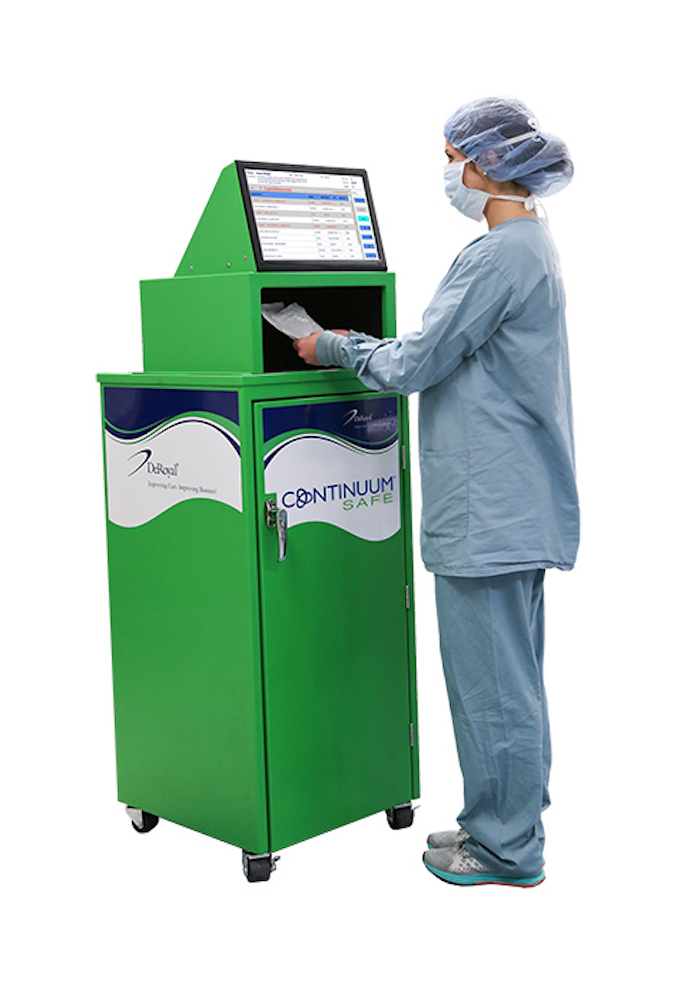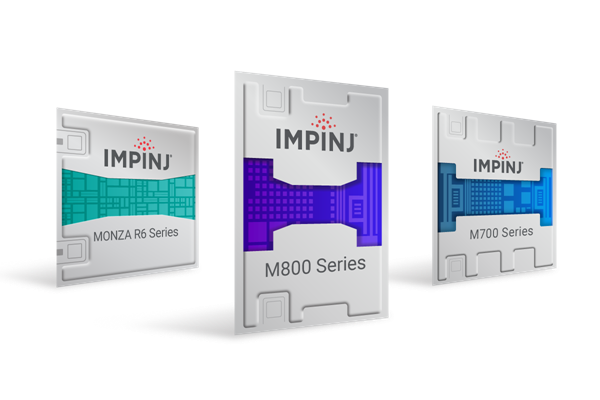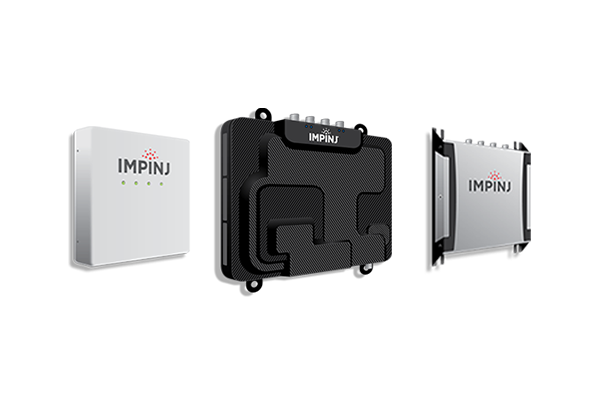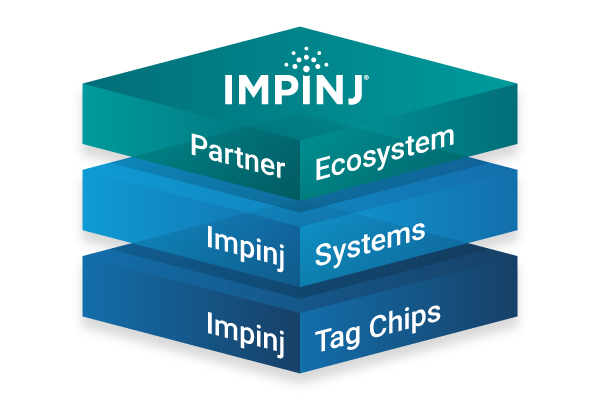Hospital Supply Usage Tracking
Accurately and automatically track medical supply usage in the operating room, emergency department, catheterization lab, and ICU with the RAIN RFID solution from DeRoyal and Impinj.
Improve inventory management, billing accuracy, and patient care
The DeRoyal® Continuum® Safe uses the Impinj platform to help hospitals automatically capture essential data about supplies used during surgical procedures. Managing surgical supplies is often a manual and error-prone process that distracts clinical staff from patient care, creates unnecessary overstocking, and leads to financial losses by providing incomplete information about the cost of procedures.
With the DeRoyal and Impinj solution, supply packaging is tagged with RAIN RFID tags. Following surgical procedures, clinical staff deposit used supply packaging in an intelligent trashcan that automatically captures information about each item and integrates the data into the hospital’s administrative systems. Hospitals can then apply analytics to drive additional efficiencies.
Increase staff and cost efficiencies while improving patient care

By automatically tracking surgical supplies with the solution from DeRoyal and Impinj, hospitals can collect accurate information about items used during procedures. With the usage and cost data the solution provides, hospitals can reduce expenses, streamline billing and inventory management, and empower clinical staff to spend more time caring for patients.
- Reduce the time clinical staff must spend pulling and restocking unused supplies, so they can focus more attention on patient care
- Improve billing accuracy for supplies used during procedures
- Utilize supply consumption data for managing provider preference cards
- Reduce the likelihood of infections by ensuring timely availability of the necessary supplies
- Achieve data-driven supply chain management
Reduce time staff spend managing supplies, so they can focus on patient care
When clinical staff members are expected to keep track of supplies used during medical procedures, they may become distracted and shift attention away from their patients. Automated tracking of hospital supply usage increases staff efficiency and lets them focus more time on their primary responsibility: providing quality patient care.
Improve billing accuracy for supplies used during procedures
Manual processes that rely on clinical staff to report all instruments and medical supplies used during surgical procedures are prone to human error. Automated supply tracking ensures precise usage and cost information, so hospitals can charge more accurately for those supplies.
Utilize supply consumption data for managing provider preference cards
Hospitals keep records on file that show physicians’ preferences for everything from when they like to do rounds to what instruments and supplies they want on hand in the operating room. But physicians’ stated preferences and the supplies they actually use don’t always match. With automated supply tracking, hospitals can make sure all provider preference cards are up to date and the right supplies are always available.
Reduce the likelihood of infections by ensuring availability of the necessary supplies
Automated supply tracking can help hospitals reduce the serious risk of healthcare-associated infections by making sure the right supplies are available when and where they are needed, and eliminating the need for clinical staff to leave an operating room to retrieve supplies in the middle of a procedure. If operating rooms, emergency departments, and other critical care areas are always properly supplied, procedures can be completed in less time with less chance of infection.
Achieve data-driven supply chain management
The automated tracking solution from DeRoyal and Impinj generates accurate usage and charge information about medical supplies and integrates that data into a hospital’s inventory, billing and surgical information systems. Hospitals can also apply analytics at the patient, procedure, and supply levels to help create additional efficiencies across a health system.
To protect against running short in an emergency, the average hospital ‘over spares’ many consumables such as dressings and instruments by approximately 30%, tying up capital that could be put to better use elsewhere.
Thursday, February 11, 2016
ABOUT THE PARTNER

DeRoyal
Founded in 1973, medical device manufacturer DeRoyal is committed to improving both the clinical quality and economic health of its customers. DeRoyal brings value to its customers in several distinct markets, including surgical devices, unitized delivery systems, orthopedic supports & bracing, and wound care dressings.
Sign Up for the latest news
Join thousands of people and subscribe to get the latest industry happenings delivered straight to your inbox.
Impinj products deliver connectivity for this solution

Tag Chips
Impinj RAIN RFID tag chips provide unique identifiers and enable smart, connected things (endpoints)
Learn more
Readers
Impinj RAIN RFID readers are smart edge devices that identify and locate connected things
Learn more
